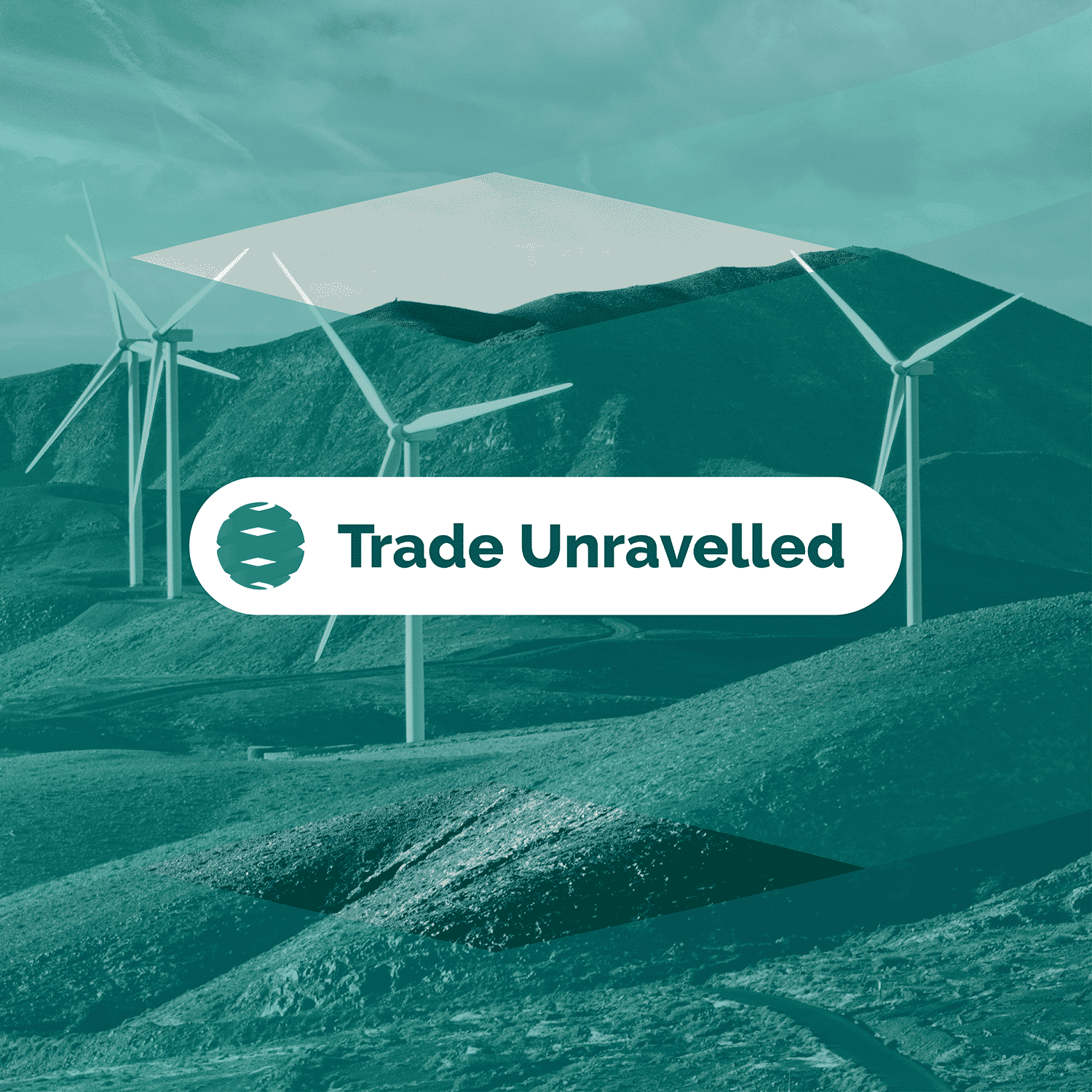
2 minute Read
Renewable energy in Spain unravelling? A tale of blackouts, corruption and political turbulence

On 28 April this year, Spain’s electricity grid lost 60 per cent of its supply in just five seconds, plunging the entire country, and much of neighbouring Portugal, into a catastrophic blackout for more than 12 hours. One of Europe’s biggest-ever power outages, the exact causes of which are still being studied, has acted as a wake-up call for other countries entering uncharted territories when it comes to the technical challenges of mixing renewables and conventional energy supplies.
In many ways, this was a symptom of success as Spain has for some years been at the vanguard of adopting renewable energy. The country has seen rapid growth in solar and wind capacity, driven by favourable natural resources, strong grid infrastructure, and years of supportive regulation.
However, market dynamics – and risks for investors – are now changing significantly. Subsidy regimes, particularly premium feed-in tariffs, fuelled early expansion but have largely been phased out. As a result, while investment interest remains high, project margins are decreasing, and developers increasingly rely on power purchase agreements (PPAs) rather than subsidies. At the same time, energy price volatility and a cooling towards renewable energy by some governments, notably the US, have shifted short-term policy attention back toward fossil fuels, particularly gas-fired plants.
A recent scandal
In June 2025, Koldo García, a close aide to former transport minister José Luis Ábalos (2020-2021), was reported to have been implicated in an alleged procurement kickback scheme. This followed an investigation by Spain’s Civil Guard (UCO) into a network of irregular public contracting and possible bribery linked to pandemic-era mask deals and infrastructure tenders. Recordings obtained by investigators captured García accusing Santos Cerdán – then the PSOE’s secretary of organisation – of overseeing illicit payments linked to state contracts.
At the centre of the alleged scheme is Servinabar 2000 SL, a small Navarra-based company with ties to García and Cerdán. The company secured major public works contracts in Pamplona, Madrid, Barcelona, Murcia, and Asturias – some in joint ventures with major infrastructure groups like Acciona, Obras Públicas y Regadíos, and Levantina Ingeniería y Construcción. Investigators suspect inflated budgets, shell firms, and politically connected intermediaries were used to siphon off funds.
The scandal has shaken Spain’s political establishment, intensifying pressure on Prime Minister Pedro Sánchez’s minority government. The situation escalated further when Cerdán was placed in pretrial detention on charges including bribery and influence peddling. Opposition leaders are now openly demanding a snap election, while tensions within the ruling coalition continue to rise.
Local risks and renewable energy tenders
Despite this scandal and the recent shift in market dynamics, we believe that the Spanish renewable energy sector will continue to grow. However, investors need to be aware of the specific challenges – not least the decentralised permitting system, which remains a significant bottleneck. That decentralisation creates two pressure points in the current environment: firstly, the varying levels of oversight, opaque informal networks, and differing political agendas that can delay, or even derail permits; secondly direct fallout from the scandal will mean that those regional authorities associated with the suspects may now face greater scrutiny, slowing approvals and tarnishing local partners.
As the scandal and investigation unfold, investors should monitor:
- Legal developments linked to post-pandemic-era procurement;
- Reputational risks associated with local partners or intermediaries in Spain;
- Senior political resignations and their impact on policy continuity;
- Delays or reversals in licensing decisions across regional governments; and,
- Political pressure on businesses involved in public tenders.
At Risk Advisory we have more than 25 years of experience navigating Spain’s investment environment. We combine on-the-ground human intelligence with deep regulatory insight to map procurement processes, vet counterparties and flag issues before they compromise a transaction.